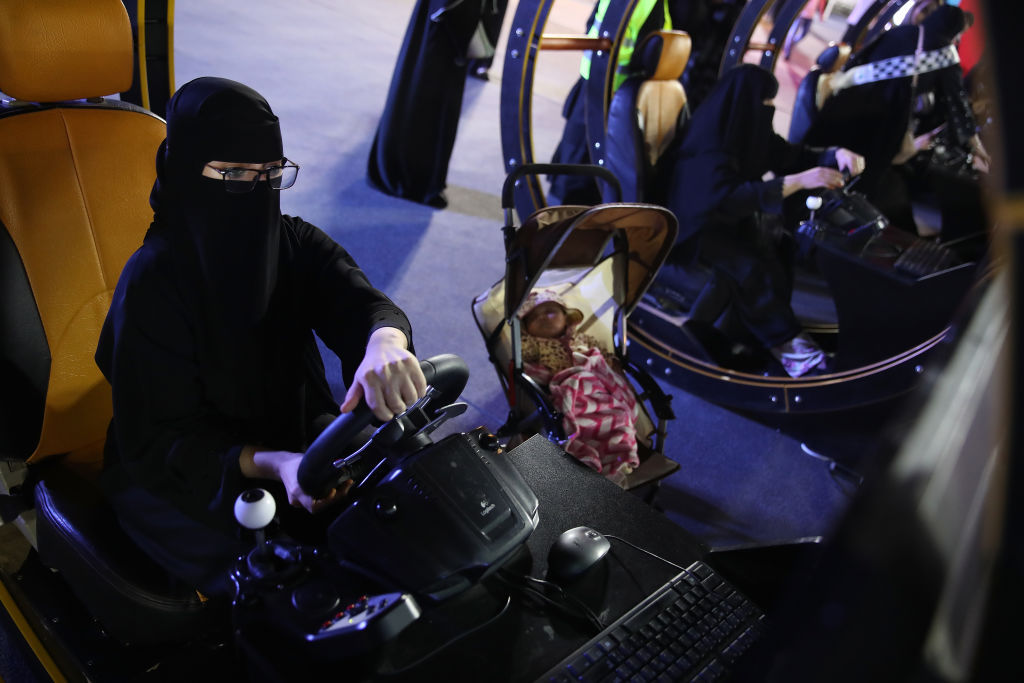In a controversial decision, an Austrian court has ruled Islamic law (Sharia) can be used for arbitration purposes in the European country if the contract parties agree on it.
In the case in question two men had signed a contract which mandated that in case of conflicts an arbitration tribunal would decide “based on Islamic law (Ahlus-Sunnah wal-Jamaah) in accordance with equity in the matter to the best knowledge and belief.”
The term Ahlus-Sunnah wal-Jamaah denotes the Sunni Islamic community.
After a conflict between the two men arose the arbitration tribunal decided against the plaintiff and required him to pay €320,000. The plaintiff then brought suit before the Vienna Regional Court for Civil Matters. He argued that the application of the Islamic law was arbitrary as scholars interpreted Sharia law differently. Furthermore, invoking Sharia law violated the fundamental values of Austrian law.
The (secular) court, however, found that the decision of the arbitration tribunal was lawful. Whether or not Islamic legal rules were applied here could not be verified, according to the Regional Court. The result of the arbitration tribunal did not contradict Austrian fundamental values, and that was all that mattered. Islamic legal provisions, the Regional Court emphasised, could be “effectively agreed upon in an arbitration agreement” for property claims.
The court ruling has caused a storm of criticism about the supposed further “Islamisation” of Austria.
“This opens the door even wider for political Islam”, Michael Schilchegger, an MP and speaker on constitutional law for the right-wing Austrian Freedom Party (FPÖ) wrote in a press statement. “The ruling elevates Islamic parallel societies in Austria and weakens those forces that do not want to submit to Islam. A sad day for the secular constitutional state.”
His party colleague Manfred Haimbuchner echoed the sentiment, writing: “Sharia law is incompatible with the Austrian understanding of law and violates all moral standards that I am familiar with. Unfortunately, our constitutional state is currently powerless against this form of Islam.”
It is not only right-wingers who are enraged with the court’s ruling. The Turkish Cultural Community (TKG), an association of secular Turks in Austria, protested the decision to recognize the Sharia “as law” and called to attention that the European Court of Human Rights (ECHR) had decided in 2003 that Sharia law and the resulting introduction of a parallel legal system were forbidden in Europe.
“The Vienna court’s decision is a major intervention, today in the secular economy, tomorrow perhaps in production, service, and sales regulations”, wrote Melissa Günes, the TKG’s general secretary.





